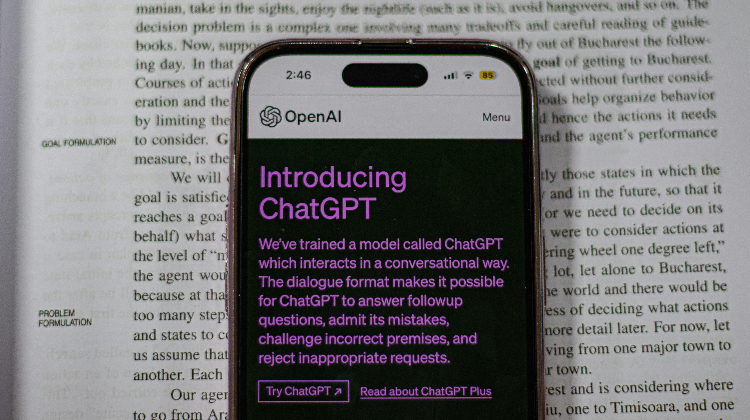I thought I had successfully navigated the statistics jungle...
ChatGPT gave me the wrong directions

I used to shun AI chatbots until recently. Sure, I occasionally dabbled with machines like ChatGPT, and I was open-minded enough to grudgingly acknowledge that they do have their uses. But, to be honest, I always saw them as a bit of a desperate-times sort of measure. I believed that if I had a niche question, I’d be much better off wading through the human-made answers on Substack forums instead of consulting generative AI. Not to mention the ethical issues that this type of technology poses – I didn’t want to contribute to the increasing scarcity of freshwater due to AI data centres, thank you very much.
This virtuous abstinence didn’t last. A few months ago, I began brainstorming the analysis for my thesis. Having had limited experience in quantitative statistics, I felt quite lost when I started to tiptoe into the world of modelling. There were stacks of PDFs to browse and endless YouTube videos to watch, narrated mostly by cheery - but grating - American voices. My stress grew as I became disoriented in the statistics jungle. I longed for someone to show me the right path, to help me sift through the useful and the useless.
So, I caved and clicked open ChatGPT. I crafted a long overview of my research for the machine, which it dutifully swallowed before gushing out gloriously thorough and clear answers. I could feel my mind unclench as I read the edible chunks of information, and my wariness slowly but steadily dissipated. Buoyed by the bot’s reassurances and praise, I started to feel less lost and somewhat knowledgeable about my analysis.
But, of course, it was too good to be true. While ChatGPT held my hand in the murky statistical woods, it also gave me a malfunctioning compass to navigate it. It reassured me, amongst other things, that I had indeed correctly identified the fixed and random effects for my model, a claim which turned out to be utter nonsense. I wasted a good day of thesis-writing believing that I was right, until I received a reality check from my supervisor. I like to think of myself as critically-minded, but it had only taken minutes for a chatbot to overpower my scepticism and send me skipping merrily down the wrong road.
This experience was a mild inconvenience at worst; there have been more disturbing cases reported of chatbots disorientating, and even deluding, their users. A recent article in the New York Times highlighted the story of a man who entered a months-long delusional spiral when ChatGPT convinced him that he was an undiscovered mathematical genius. Ironically, the man only managed to escape the rabbit hole by asking for a second opinion from another chatbot.
So while I no longer shun AI tools, I can now fully appreciate how manipulative they can be. Will I keep using them? I probably won’t always be able to resist the temptation. I just hope that in the future I will be able to recognise when the compass is broken.
Comments
We appreciate relevant and respectful responses. Responding to DUB can be done by logging into the site. You can do so by creating a DUB account or by using your Solis ID. Comments that do not comply with our game rules will be deleted. Please read our response policy before responding.